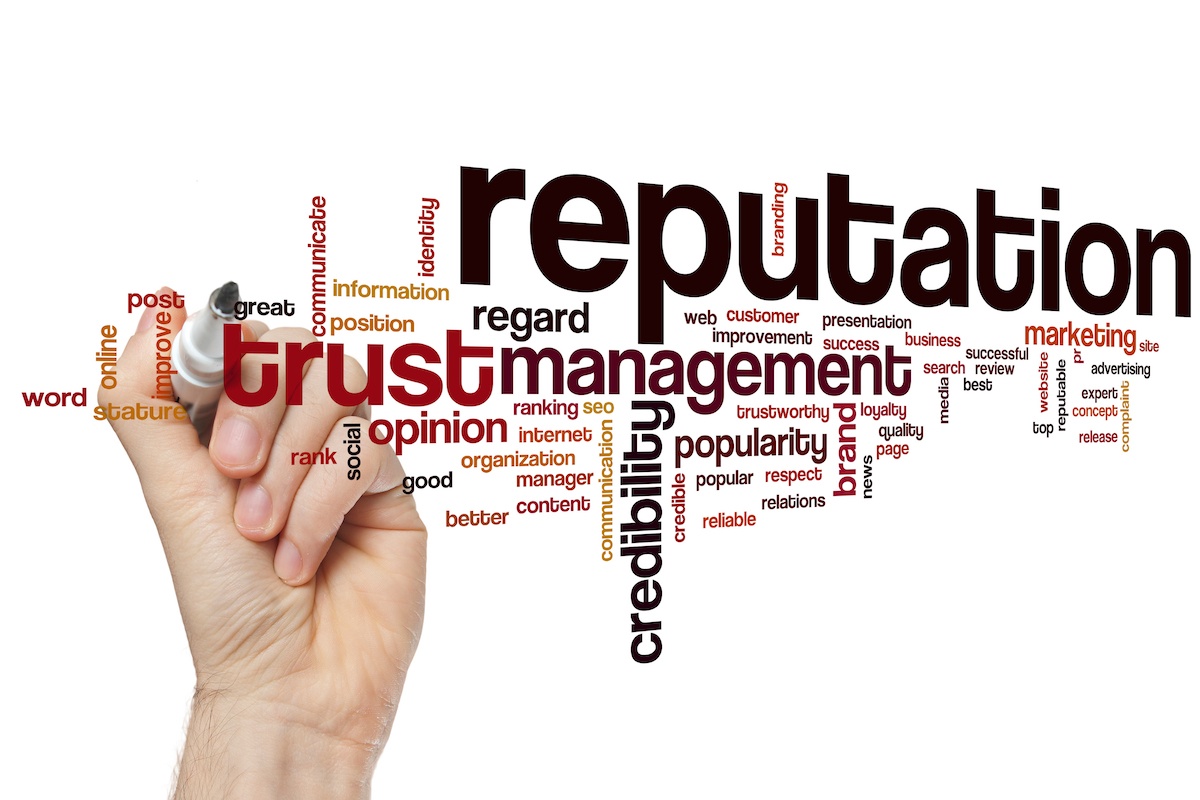How is a company reputation being assessed?
In order to properly and fully understand the concept of reputation, as well as all the measures necessary for its assessment, it is necessary to first understand what specifically affects reputation. Specialists who work in the field of public relations, strongly advise either to divide into groups the factors that are needed for such an event as assessing the company’s reputation, or to entrust this time-consuming process to experienced agents.
The factors that affect the reputation for its assessment are divided into internal and external

Internal factors are a complex of objective elements and actions on the part of the company and its representatives, which influence the quality of goods, the convenience of acquisition, as well as all other aspects that govern the creation, putting into sale and the sale of goods themselves. These factors are quite simple in operating, since their settlement is within the power of the company itself and does not require a high degree of impact on the audience of consumers or business partners. An example of working with such factors is a social survey on the quality of cigarettes, which is conducted in many countries by consultants. They find out exactly which brand of tobacco products interests the buyer, ask directed questions that allow you to figure out why, and also give a brief sketch of the advantages of their brand. Such events make it possible to collect information relatively quickly and make changes in time, especially if the company is suffering losses or is not making a profit. An assessment of the reputation of a company of this nature makes it possible to cover about 20% of all aspects of the reputation, image and notion of the manufacturer’s good faith.
What factors should be evaluated in order to cover the remaining 80% of the company’s reputation?
As the long-term practice of specialists has shown, the company has a tremendous impact on the company’s reputation, or rather, reviews, opinions and publications of a social nature, which, in the modern world, can be left in countless numbers by anyone who has access to the Internet. For the management, the assessment of the company’s reputation is complicated by the fact that these reviews may be anonymity, which makes it almost impossible to establish the identity of the client in order to address his question or problem more specifically.

The need for such an event, such as assessing the company’s reputation, is also due to the low level of trust in advertising, as well as low attendance at exhibitions, seminars and other socially informative events designed to present the goods “to the masses”. Thus, the reputation is getting closer and closer to the concept of the main engine of commerce, as well as to the full or partial replacement of advertising, which over the past half century has managed to annoy consumers. You can also be interested in a reputation research if you want to get some partnership and you need to make sure that you chose a good partner. If so, you may need some help with research that this company https://www.febgroup-ua.com/en/ can do for you.
Today, assessing a company’s reputation is a complex process that only brings high results and increases profits when performed in a complex. For example, a constant analysis of the internal situation and the quality of the goods that the company conducts takes so much time that it does not have enough time to work with social media. As a result, the company’s reputation assessment is not effective and does not cover the entire target audience, but is only an easy addition to marketing, which, as a rule, is not sufficient in modern society.
Modern scientists and analysts whose activities are connected with the concept of “assessing a company’s reputation” have concluded that those companies that trust reputation monitoring to specialists, thereby freeing their time to work with the quality of goods, have higher rates of profit growth and customers, than those who do everything unprofessionally and independently.
